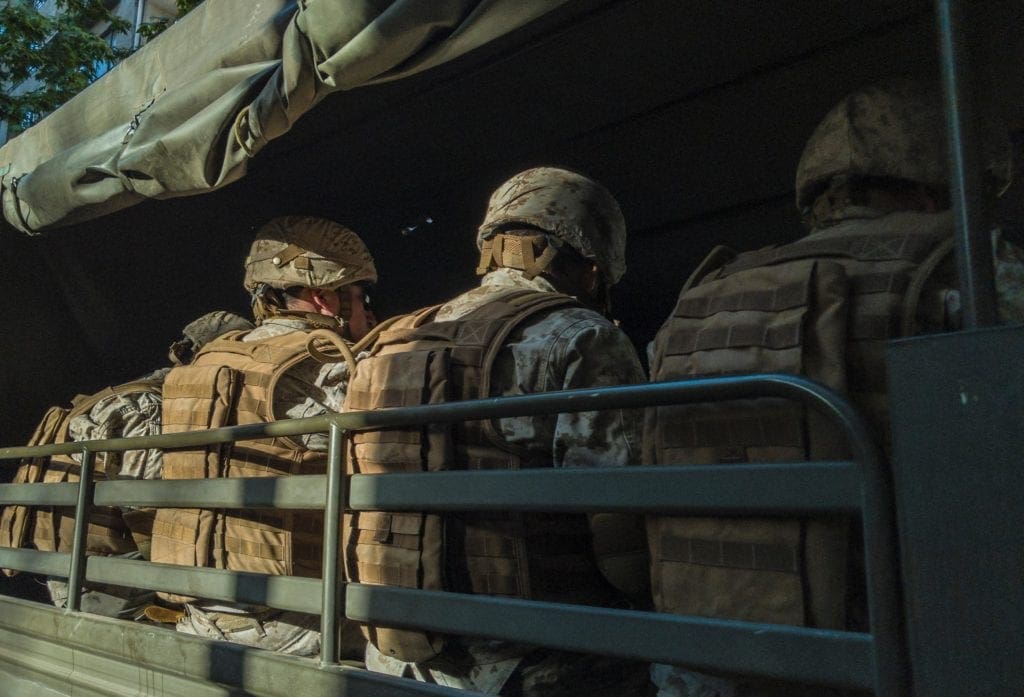Ron Paul recently penned a thought-provoking piece on why the United States government should pull all troops out of Iraq.

After 17 years, more than $1 trillion spent, thousands of American casualties — not to mention the over 200,000 Iraqi civilian victims — the U.S. has no clear vision for what it wants to do in Iraq. In the meantime, American soldiers get caught in the crossfire, our debt continues to pile up, and the Middle East spirals out of control, as it historically has.
This is only the tip of the iceberg, however. Tension is growing in Iraq itself. Iraqis have grown restless over the continued American presence in their country. The pressure was so high that the Iraqi parliament unanimously voted to have Americans leave the country. Led by nationalist Shiite cleric Muqtada Al-Sadr, the protesters want both American and Iranian actors out of their country.
The American government’s killing of Major General Qassem Soleimani sparked the unanimous vote by the Iraqi Parliament to scrap its agreement with the U.S. military to maintain American troops in the country. One would think that the U.S. leadership would get the memo after the resounding vote. However, when Iraqi Prime Minister Adil Abdul-Mahdi floated the issue with Secretary of State Mike Pompeo, the idea was instantly scrapped.
U.S. political elites still think a military presence is a “force for good” in the Middle East to fight terrorist groups such as ISIS. However, countless Iraqis disagree with this. On January 24, 2020, nearly a million Iraqis protested the American government’s military occupation of the country. The protesters demanded the closure of all U.S. military bases and that a timetable is established for pulling out all U.S. military forces.
Paul posed some interesting questions for nation-building zealots to consider.
“How many billions of dollars have we sent to Iraq to help them build their democracy? Yet as soon as a decision of Iraq’s elected parliament goes against Washington’s wishes, the US government is no longer so interested in democracy. Do they think the Iraqis don’t notice this double-dealing?” Paul asked.
Washington D.C. is becoming increasingly misinformed about what’s taking place in Iraq, and for that matter, in the Middle East on the whole. The region has been unstable for centuries and no amount of nation-building will change that. More importantly, such undertakings come at the expense of taxpayers and the blood of American troops. The only beneficiaries are the defense industry and the elites who America props up abroad.
Policymakers will have to come to grips with the fact that the American government cannot save everyone abroad. Countries will ultimately have to fix themselves and find solutions to their own problems, as they have done so for millennia. Trying to socially engineer foreign countries into accepting American democracy is the height of American foreign policy arrogance.




















